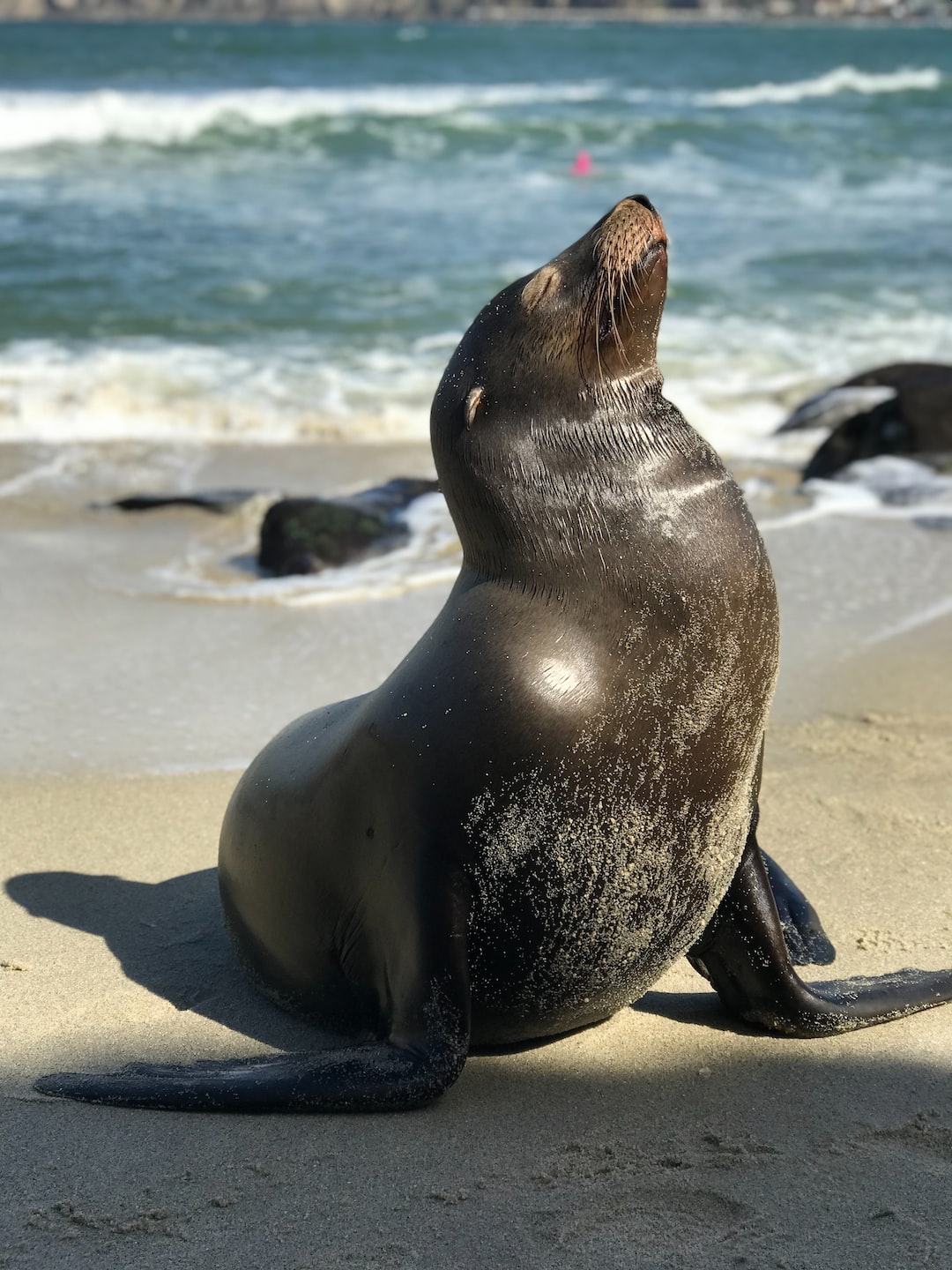The Devastating Consequences of Wildlife Poaching
Wildlife poaching, the illegal hunting, capturing, and trading of various animal species, has been a critical issue affecting our planet for many years. This cruel practice not only threatens the survival of countless species but also has severe ecological, economic, and social consequences. The devastating impact of wildlife poaching cannot be underestimated, and urgent action needs to be taken to combat this destructive practice.
One of the most significant consequences of wildlife poaching is the loss of biodiversity. Many endangered species, such as tigers, elephants, rhinos, and gorillas, are targeted and killed for their valuable body parts, including tusks, horns, and hides. This relentless hunting reduces the population of these animals to dangerous levels and disrupts the delicate balance of ecosystems. As a result, the extinction of certain species has a domino effect on other species within their habitat, causing a decline in biodiversity.
Furthermore, wildlife poaching has severe environmental implications. Elephants, for instance, are known as “ecosystem engineers” because they play a vital role in maintaining the health of the ecosystems they inhabit. By uprooting and dispersing seeds across large areas, elephants help maintain the balance of flora and fauna. With the decline in their population due to poaching, the natural regeneration of forests is disrupted, leading to a loss of habitat for countless other species.
In addition to the ecological impact, there are significant economic consequences associated with wildlife poaching. Many countries heavily rely on tourism as a source of revenue, and their unique wildlife is a major attraction for visitors. However, the decline in endangered species due to poaching significantly reduces the interest in eco-tourism, leading to a decline in tourism-based income. This loss of revenue affects not only the local communities but also the overall economic stability of the country.
Moreover, wildlife trafficking, often connected to wildlife poaching, is a lucrative and organized crime that fuels corruption, undermines governance, and threatens security. The illegal trade of wildlife parts generates billions of dollars annually and is often linked to other criminal activities, including drug trafficking and money laundering. This illicit trade also contributes to political instability and armed conflicts, further exacerbating the devastating consequences of wildlife poaching.
The social consequences of wildlife poaching cannot be overlooked either. Local communities living near wildlife habitats often face direct threats from poachers, who are well-armed and ruthless. These communities rely on the sustainable use of natural resources, such as tourism, for their livelihoods. The decline in wildlife due to poaching not only disrupts their way of life but also forces them into poverty, leading to social unrest and migration.
To address the devastating consequences of wildlife poaching, both local and global efforts are essential. Stricter laws and penalties need to be enforced to deter poachers and those involved in the illegal wildlife trade. Enhanced law enforcement, intelligence sharing, and international cooperation are crucial to combat this issue effectively. Additionally, raising awareness among consumers about the negative impacts of purchasing wildlife products can help reduce the demand for them.
Furthermore, providing alternative livelihoods to communities living near wildlife habitats is crucial. This can include promoting sustainable tourism initiatives, empowering local communities through education and training, and supporting eco-friendly business ventures. By giving these communities a stake in the conservation of wildlife, they can become allies in the fight against poaching.
In conclusion, the devastating consequences of wildlife poaching are widespread and alarming. The loss of biodiversity, environmental degradation, economic instability, and social unrest are just a few of the detrimental effects caused by this senseless act. It is our collective responsibility to take urgent action to protect our wildlife and preserve the delicate balance of our planet’s ecosystems before it is too late. Together, we can make a difference and ensure a brighter future for the incredible biodiversity that graces our Earth.

